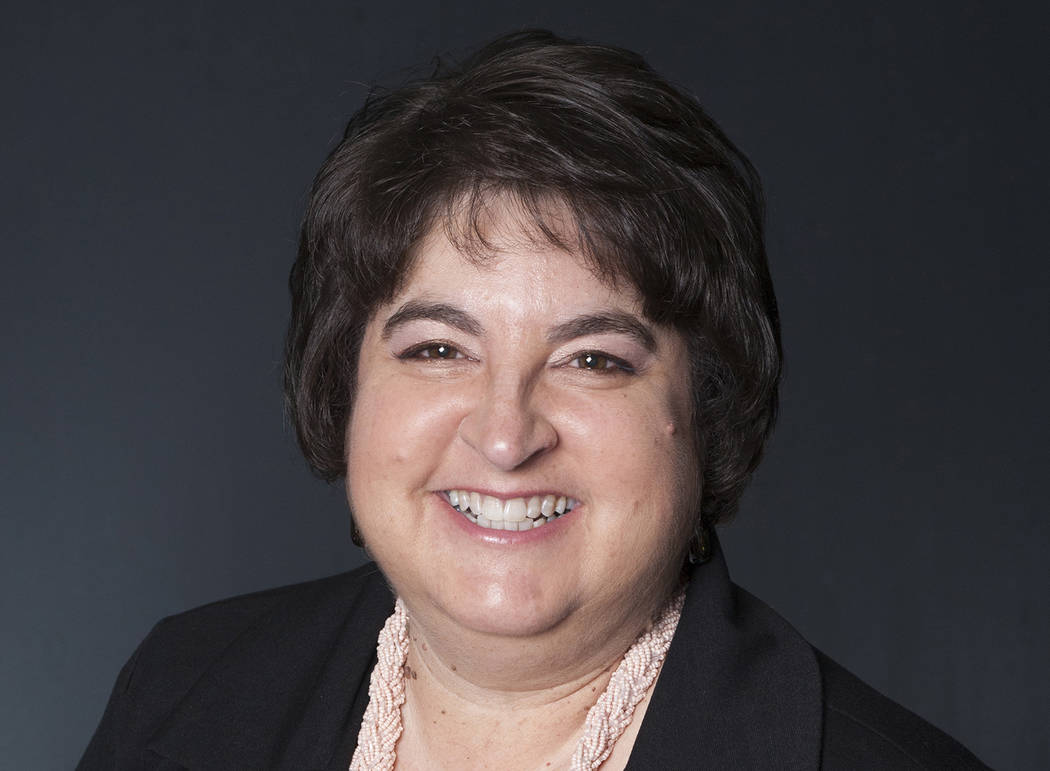Need to inform comes first
Have you ever had one of those “aha” moments, when a bunch of seemingly random events coalesce into something with great meaning?
That happened to me Saturday afternoon when I found a rare few hours of time and sat down to watch a movie I had recorded months ago.
Starring Tom Hanks and Meryl Streep, “The Post” told the story of The Washington Post publisher Katharine Graham and editor Ben Bradlee as they faced off against the government to publish the Pentagon Papers that chronicled cover-ups by four presidents regarding the nation’s involvement in the Vietnam War.
Because of what I do, I seldom pass up a chance to see other journalists in action, even if it’s a fictionalized account of the profession. But what I didn’t expect was the film to serve as a reaffirming lesson in the First Amendment (freedom of the press) and what it means to be a journalist, especially in the face of some tough criticism — which in this case turned out to be an injunction from the federal government and threats of contempt of court for printing what would surely be unpopular news among the country’s leaders.
The Supreme Court justices, in their 6-3 opinion in favor of the Post and the New York Times, wrote: “… every moment’s continuance of the injunctions against these newspapers amounts to a flagrant, indefensible, and continuing violation of the First Amendment.”
The opinion further stated, “Both the history and language of the First Amendment support the view that the press must be left free to publish news, whatever the source, without censorship, injunctions, or prior restraints. … To fulfill its essential role in our democracy. The press was to serve the governed, not the governors. … Only a free and unrestrained press can effectively expose deception in government.”
After the recent election in Boulder City, social media commentary and conversations I have had with readers since the first of the year, this movie put everything into perspective and provided a much-needed affirmation about what my role as a journalist is and the tough calls an editor has to make. Sometimes these calls have to be made in a split second and sometimes they leave you questioning your decisions. But that comes with the job.
“Newspapers are the first rough draft of history,” Graham said, quoting her late husband when having to make the decision to publish the article detailing the presidents’ actions to continue the war even though they knew it was a lost cause. I interpreted that to mean you provide the best information you have at the moment.
And so we will continue to chronicle the events of our community. We will write about the good things and the bad, about the things that will shape the history of Boulder City because it is our job to inform the citizens no matter how popular or unpopular the news may be.
Hali Bernstein Saylor is editor of the Boulder City Review. She can be reached at hsaylor@bouldercityreview.com or at 702-586-9523. Follow @HalisComment on Twitter.







